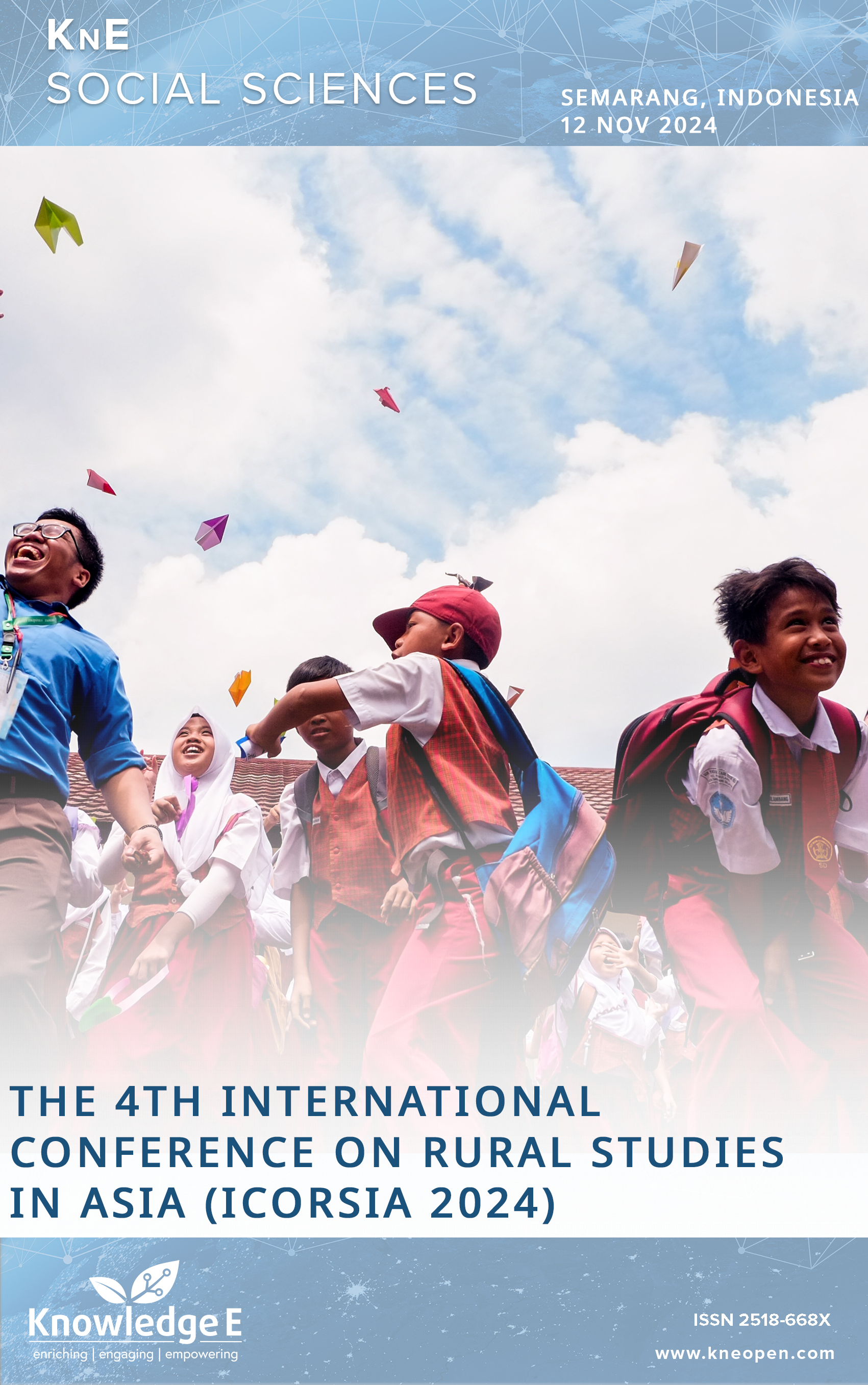Ketan, Kolak, and Apem: An Imprint of Three Traditional Food Symbols in Islamic Religious Ceremonies and Rituals During Ramadan
DOI:
https://doi.org/10.18502/kss.v10i10.18691Keywords:
Ramadan, ritual, symbol, traditional food, YogyakartaAbstract
Ramadan, or bulan suci (the month of fasting), is one of the five pillars of Islam and a central ritual in Muslim practice. In Indonesia, this sacred month is marked not only by religious observance but also by vibrant communal celebrations, particularly centered around food. This study explores traditional Ramadan food customs among Muslims in Yogyakarta, Indonesia, using a qualitative ethnographic approach. Data were gathered through observation, interviews, and documentation. Findings reveal that food plays an integral role in Javanese traditions, often embedded in ritual and social practices. In Yogyakarta, a region influenced by the King’s decisions and authority, the regulation of food traditions during Ramadan is shaped by hierarchical customs. Three key phases define the food practices during this period: Ruwahan (pre-Ramadan), the Ramadan fasting month, and Eid al-Fitr (post-Ramadan). During Ruwahan, traditional offerings such as ketan, kolak, and apem are prominent. In Ramadan, food is categorized by its timing: meals for breaking the fast and sahur (pre-dawn meal). Finally, during Eid al-Fitr, is the presence of ketupat or kupat is essential. This study highlight how local culinary traditions in Yogyakarta are deeply intertwined with religious observance, royal influence, and cultural identity during the holy month of Ramadan.
References
Vinning G, Crippen K. Asian Festivals and Customs: A Food Expert’s Guide. Rural Industries Research and Development Corporation (RIRDC); 1999. 1–162 p.
Odabasi Y, Argan M. Aspects of Underlying Ramadan Consumption Patterns in Turkey. J Int Consum Mark. 2009;21(3):203–18.
Yocum G. Notes on an Easter Ramadan. J Am Acad Relig. 1992;60(2):201–30.
Makmun S. The Fasting of Ramadan: Forming Positive Personal Character. Humaniora. 2016;7(3):405.
Woodward M. (Chapter 6) The Fast of Ramadan in Yogyakarta. In: Java, Indonesia and Islam. Muslims in Global Societies Series 3; 2011. p. 119–227.
Creswell JW. Research design: qualitative, quantitative, and mixed methods approaches. California: SAGE Publications; 2016.
Moleong L. Metode Penelitian Kualitatif. Bandung: Remaja Rosdakarya; 2017.
Creswell JW. Research design: qualitative, quantitative, and mixed methods approaches. Yogyakarta: Pustaka Pelajar; 2016.
Spradley JP. Metode Etnografi. Yogyakarta (Yogyakarta): Tiara Wacana; 2006.
Murdijati-Gardjito. Javanese Messages Through Flavors and Delicacies. Yogyakarta: Sekar Jagad Publisher; 2018.
Murdijati-Gardjito. Food Varieties in Various Activities of Yogyakarta People. Yogyakarta: Cultural Department Yogyakarta Special Region; 2019.
Bloch M. Almost Eating the Ancestors. n.s. 1985;20:631–46.
Feeley-Harnik. Religion and Food: An Anthropological Perspective. J Am Acad Relig. 1995;63(3):565–82.
Published
How to Cite
Issue
Section
License
Copyright (c) 2025 KnE Social Sciences

This work is licensed under a Creative Commons Attribution 4.0 International License.

